In retaliatory move, Iran imposes sanctions on EU, British individuals, entities
Iran has imposed sanctions on more than 20 individuals and entities from the European Union and the United Kingdom, after the bloc and London imposed a fresh round of sanctions targeting Iranian officials and organizations.
The Iranian Foreign Ministry said in a Monday statement that the EU and UK individuals and entities were blacklisted because of “supporting terrorism and terrorist groups, instigating and encouragement to terrorist acts and violence against Iranian people, interference in domestic affairs of Iran, fomenting violence and unrest in the country, dissemination of false information about Iran and participation in the escalation of cruel sanctions against Iranian people as an economic terrorism.”
It added that Iran condemns the measures of the EU and Britain to support, facilitate and deny from countering the destructive acts of aforementioned individuals and entities, which are in violation of international obligations regarding combating terrorism.
The ministry emphasized that the acts of those individuals and entities imposing and exacerbating cruel sanctions are "obvious violation of fundamental principles of international law set forth in the United Nations Charter."
It added that all relevant Iranian organizations and institutions, consistent with the regulations adopted by the related authorities, "will take appropriate measures, which are blocking of accounts and transactions in the Iranian financial and banking systems, blocking of assets within the jurisdiction of the Islamic Republic of Iran as well as prohibition of visa issuance and entry to the territory of the Islamic Republic of Iran, for effective implementation of the above-mentioned sanctions."
Among the 11 EU individuals and one entity who face the travel ban and asset freeze, include Frank Haun, the chairperson of Krauss-Maffei; Flourian Seibel, the co-founder and CEO of Drone-Robotics Quantum-Systems as well as a number of lawmakers from Germany, France and the European Parliament.
The ministry also announced sanctions against three British entities and six individuals, including Alan Mendoza, the founder and the executive director of the Henry Jackson Society, and Admiral Benjamin John Key, a senior Royal Navy officer.
Tehran slammed London and Brussels for supporting, facilitating, and failing to counter the destructive acts of the sanctioned individuals and entities, noting that such measures are in contravention of international obligations regarding the fight against terrorism.
Iran's retaliatory measure came on the same day that the European Union and the UK imposed new sanctions on a number of Iranian individuals and entities over alleged human rights violations, despite the fact that the failure of such a policy has been proven many times over the past years.
The European Union's Council said in a statement on Monday that it has imposed restrictive measures on eight Iranian individuals and one entity over an allegation that they were responsible for serious human rights violations in the country.
The UK government followed suit and announced its decision to toughen its sanctions against the IRGC for alleged human rights violations.
British Foreign Secretary James Cleverly announced a travel ban and asset freezes on four individuals and the IRGC "in its entirety" and said the decision was made in coordination with the United States and the European Union but gave no more details.
Tensions between Iran and the European Union have dramatically risen amid the European Parliament's push to list the IRGC as a "terrorist organization."
EU foreign policy chief, Josep Borrell, however, has clarified that the bloc cannot list the IRGC as a “terrorist” entity without an EU court ruling.
In a tit-for-tat move, Iran has imposed its own sanctions on the UK and the EU in response to previous restrictions.
Hot water and sewage: Palestinians share harrowing tales of torture in Israeli prisons
VIDEO | Thousands evacuated in Ethiopia amid earthquakes, volcanic eruption fears
Revealed: Israeli ministers eye restoration of illegal settlements in Gaza through genocide
How Los Angeles’ pistachio tycoons facilitated and profited from wildfires
Iraqi PM: Iran was in Syria to fight terrorism; presence requested by Damascus
Hamas: Israel's massacre in Jenin camp won’t break resistance
60 bodies recovered from abandoned South African gold mine: Police
Biden administration ‘quietly’ circumnavigating own ban on TikTok: Report


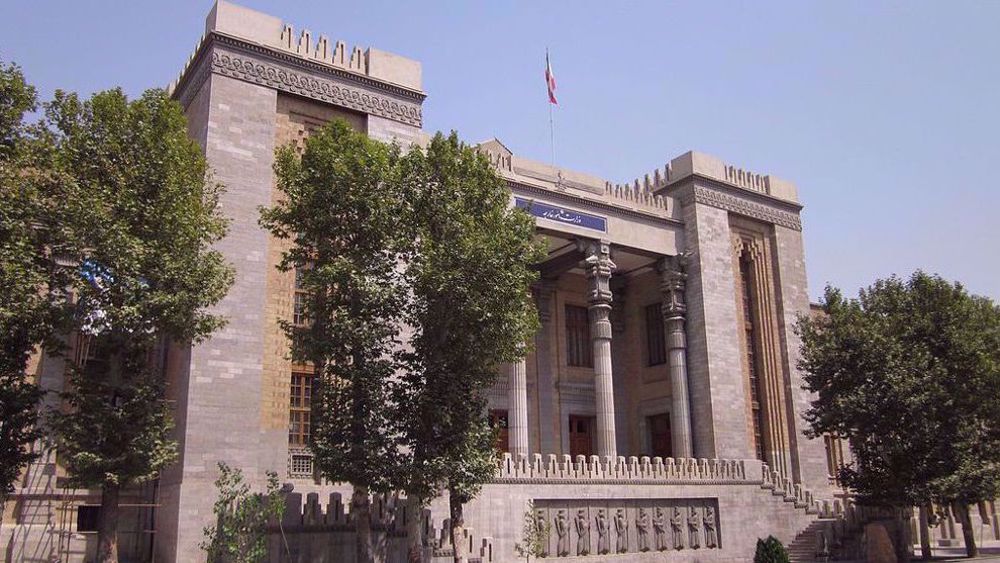
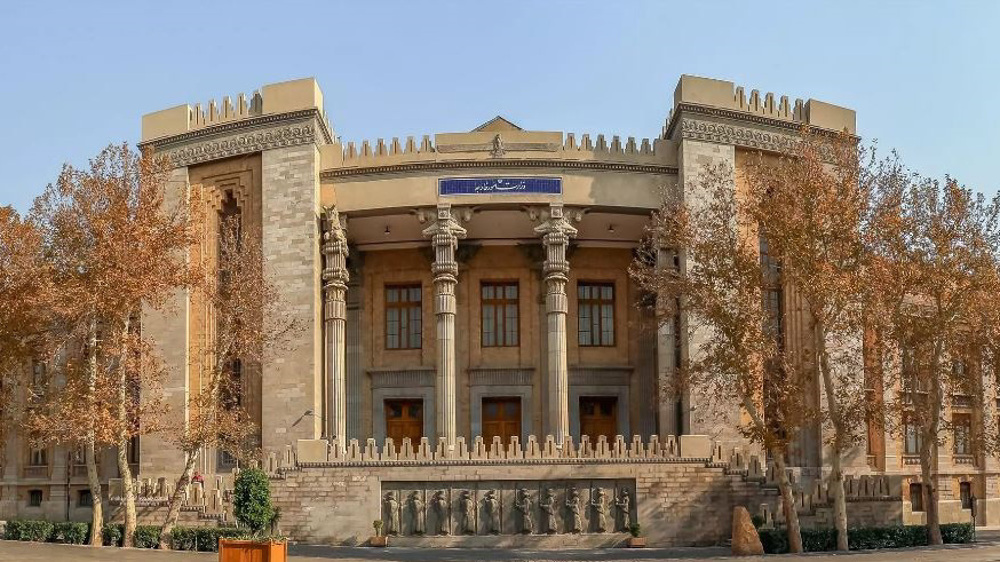
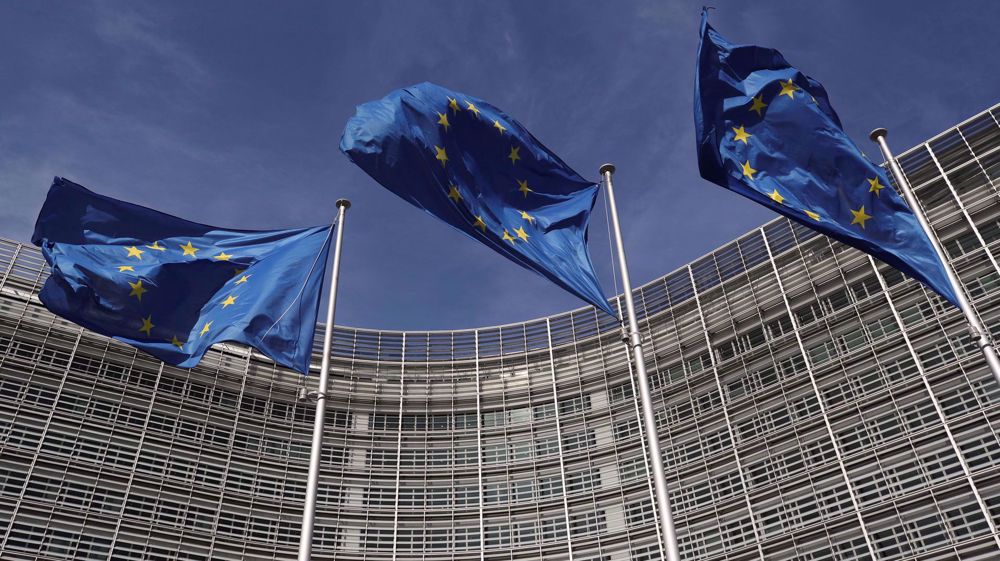
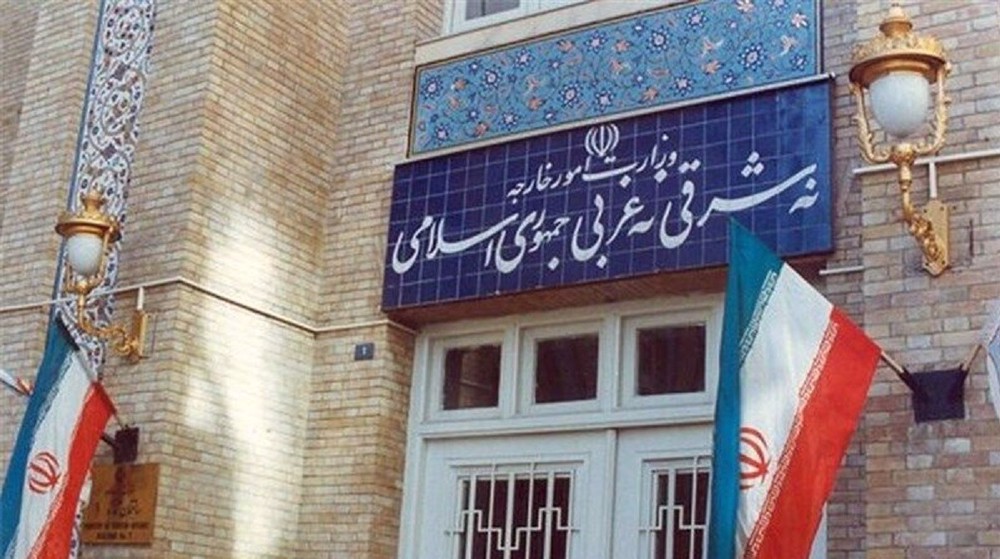


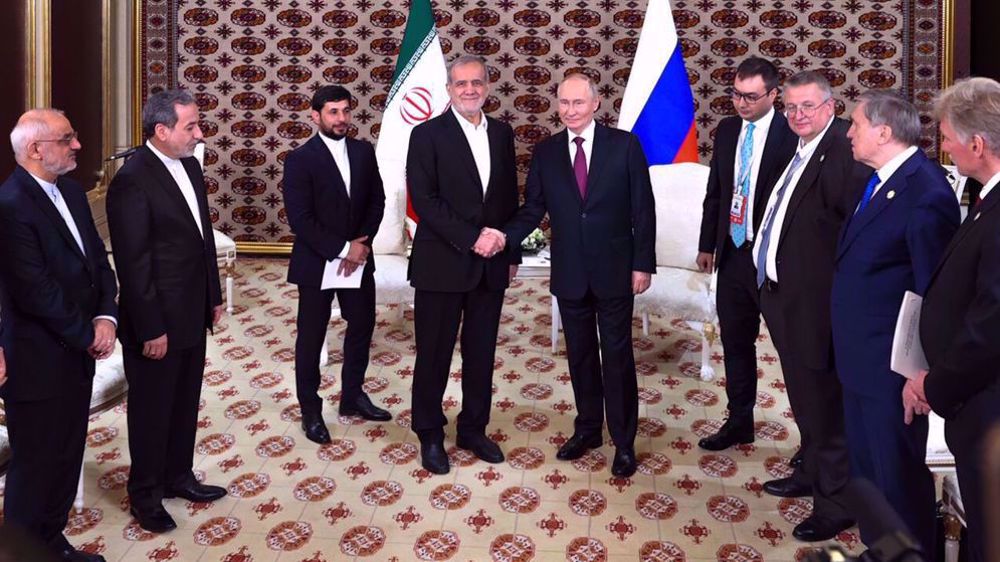




 This makes it easy to access the Press TV website
This makes it easy to access the Press TV website